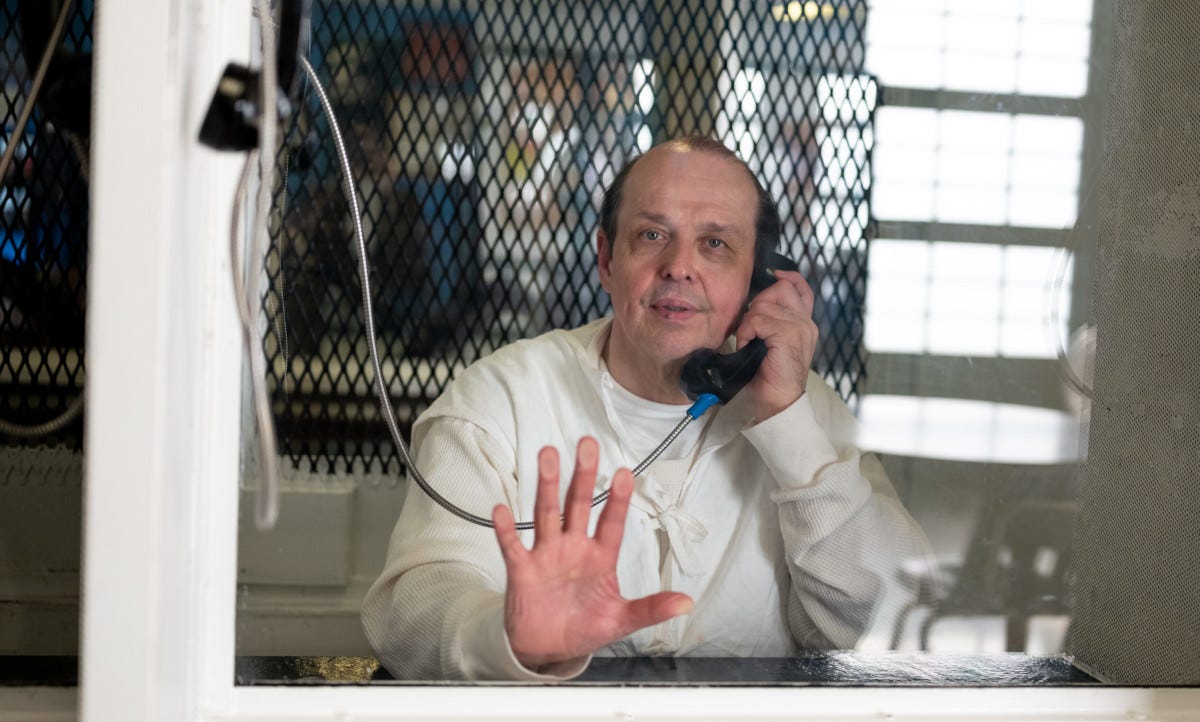Texas panel delays execution, telling lower court to consider scientific issues
United Methodist minister has been most visible advocate for prisoner
A Texas appeals court today postponed the execution of a man who authorities say murdered his two-year-old daughter in 2002 by violently shaking her. And there is no one who has watched the case more carefully than a United Methodist minister who has ceaselessly advocated for the accused man, Robert Roberson, con…



